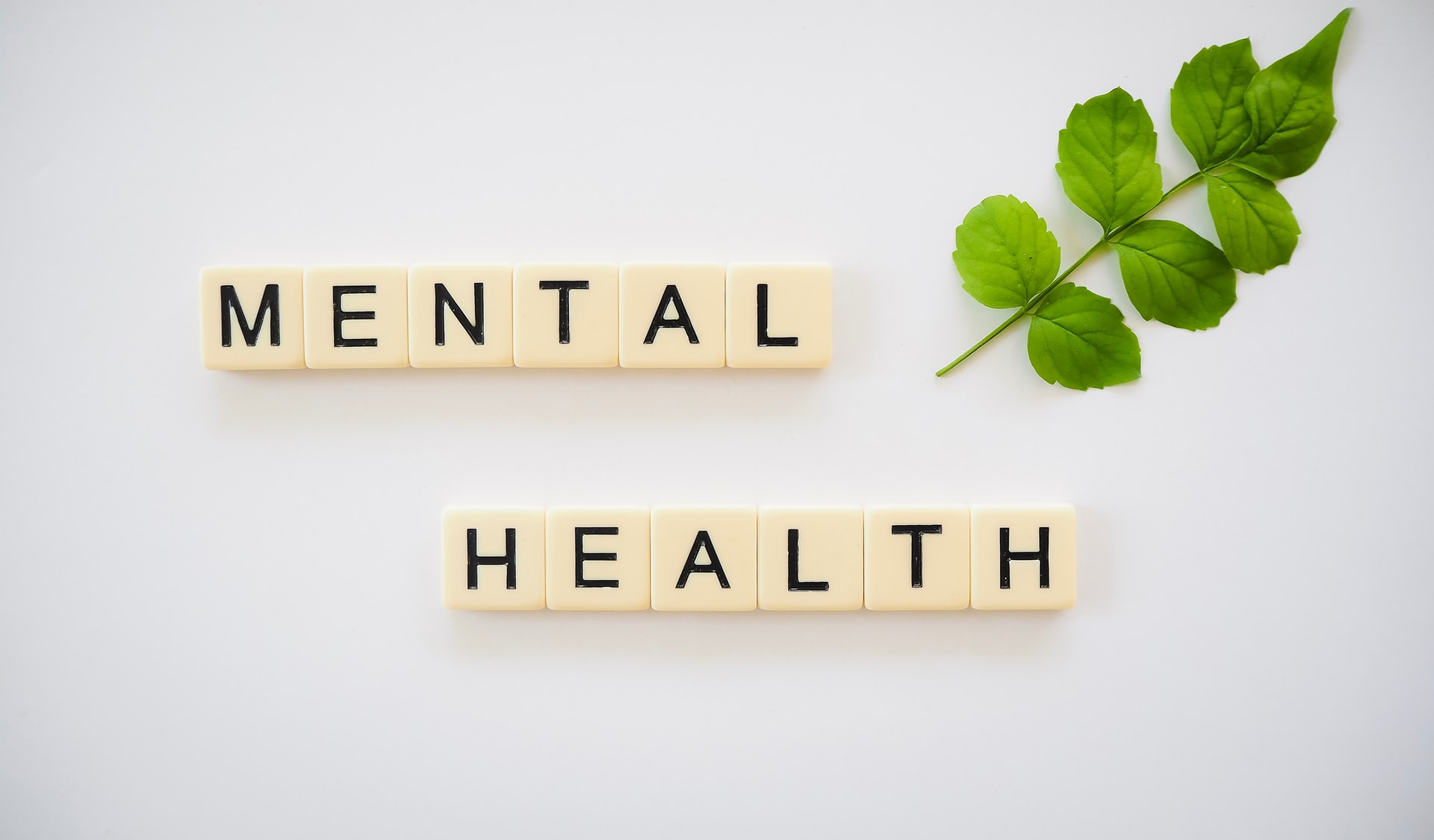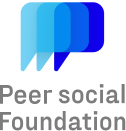
We are consumed by social media. We use it for work, for fun, and sometimes we just scroll for no reason at all. It’s an addiction—and like all addictions, it comes with some serious consequences.
Hook ‘em when they’re young
More than ever, young people are using social media to talk about mental health issues which is incredibly positive considering that even twenty years ago—talking about mental health was considered taboo. The irony is that many mental health issues are now caused by the excessive use of social media—this has accurately been dubbed a double-edged sword.
According to a recent study, 1 in 5 Canadians are losing sleep due to social media. They are also exercising less, have trouble concentrating, and reporting higher levels of anger, stress, and depression.
One of the many ways social media negatively impacts mental health is that people often use platforms like Instagram as a tool for “social comparison.” According to Jacqueline Sperling, Ph.D.:
“People share a selection of their lives, not their full lives on social media, and so users will only see a snippet, and that is a reference point for their own lives. And people typically do not share their most unflattering photos or unpleasant experiences. Users may then look and compare that to their own lives and that may make them feel bad about themselves.”
In a world impacted by a pandemic, there are few distractions that can compete with social media. With in-person socialization (generally) on hold, social media has helped keep people entertained and connected during isolation. According to a recent Hootsuite report, we are now spending an average of six hours and twenty-six minutes a day on the Internet.
One of the biggest culprits of social media fatigue is doomscrolling. Scrolling through a barrage of bad news in a short period of time has detrimental effects. Studies show that doomscrolling makes people feel anxious, angry, depressed, and isolated.
Expert Solutions
To counter the effects of doomscrolling, psychology professor Thea Gallagher advises putting a time limit on your social media catch-up. Spend 15 minutes scrolling through your social media feeds, and don’t re-open those feeds for the rest of the day—even if “fear of missing out” makes you feel stressed.
Psychologist Courtney Tracy suggests that better intentional usage of social media can improve mental health. Instead of using social media to fill a void, plan to connect with friends and family, or use it to pursue a hobby or ambition. Actively curate your own experience and get rid of content that does not fit your needs.
Psychologist, Dr. Paula Durlovsky, recommends leaving your phone in another room when it’s time for bed. This will help you physically disconnect from social media, cutting down on the urge for just one more check-in before calling it a night.
Small Changes Will Make A Big Difference
Social media was created to help us connect to one another but it has become a business and unfortunately, the people who run these social media empires are far more concerned with making money than they are with our mental health. On top of all the bad news—misinformation and sensationalized stories saturate our feeds and ultimately our brains. This is an unfortunate reality of the digital world.
As we constantly adapt to social media’s rapid evolution, we must also recognize the lasting impact social media has on our mental health. By making small changes to our social media habits, we can slowly begin to shift focus back to living happier and healthier lives—in the real world.

